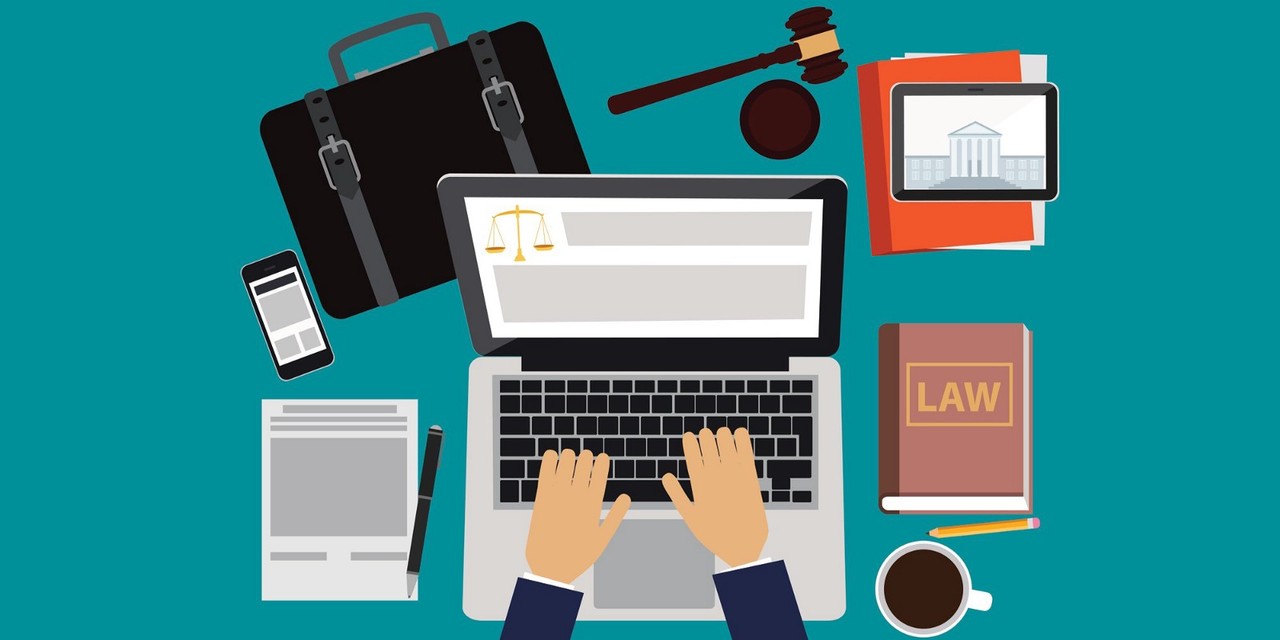Source: Cambridge University Press
What did the future hold for a practising lawyer?
In 2005, predicting the future of the legal profession was no easy task. However, it was clear that technology would play a crucial role. Lawyers were expected to use technology to handle tasks once managed manually, with predictions that by 2010, most legal tasks would be supported by computers and digital tools. In fact, some lawyers had already started incorporating technology into every aspect of their practice. The internet was anticipated to change communication, legal research, and dispute resolution, especially as lawyers increasingly connected with clients and peers online.
The article suggested that over the next 20 years, technology would change the landscape of legal practice in ways beyond imagination. From marketing practices online, shrinking computer sizes, and automated document processing, the legal profession would transform entirely. Lawyers were expected to use smaller, more powerful computers, automate billing and financial tasks, and integrate digital tools into their workflow.
How LegalTech Has Surpassed These Predictions by 2024
By 2024, the predictions made in 2005 have not only come true but have been significantly exceeded. Today’s legal professionals rely on AI-powered tools that automate entire workflows, from document drafting to complex case analysis. What once took hours of manual labour is now done in minutes, allowing lawyers to focus on more strategic tasks.
Legal research has also evolved beyond what was imagined, with AI-enhanced platforms that quickly analyse vast amounts of data, delivering deep insights and relevant case law with impressive speed and accuracy.
Communication has transformed dramatically, with virtual law offices and cloud-based platforms facilitating seamless collaboration between legal teams and clients from anywhere in the world. Remote hearings, virtual meetings, and video conferencing are now integral to legal operations, offering flexibility far beyond what was anticipated.
Today, lawyers are not just adapting to technology—they are leading the charge, using AI, automation, and blockchain to reshape the delivery of legal services in ways unimaginable in 2005.
Read More: Cambridge University Press







